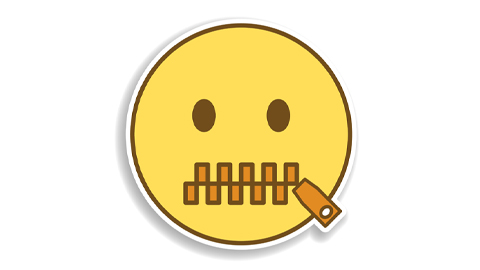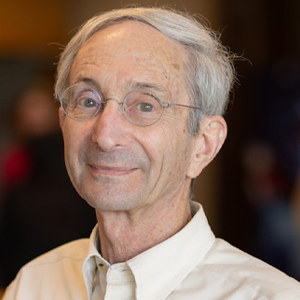
‘One word or less’
Julius Marmur had a reputation for being a bit brusque. When I joined the biochemistry department at the Albert Einstein College of Medicine, the renowned DNA biochemist became my senior colleague. I recall seeing him in his office, puffing on cigars.

During a long-forgotten hallway or conference room encounter, Julius asked me a question. Caught off guard, I hesitated. He said to me, "Steinman, just answer my question in one word or less."
Over the years, that phrase, “one word or less," stuck with me. For a long time, I thought of it as a joke: Less than one word is no words, and you can't answer a question without words. However, I've recently come to see it through a Marmur-ian lens: If you can't answer succinctly, then don't bother to reply.
Yes, communication is great. But sometimes, it's prudent to say less than one word and wait until you're on track and able to give a meaningful answer.
Enjoy reading ASBMB Today?
Become a member to receive the print edition four times a year and the digital edition monthly.
Learn moreGet the latest from ASBMB Today
Enter your email address, and we’ll send you a weekly email with recent articles, interviews and more.
Latest in Opinions
Opinions highlights or most popular articles

Women’s health cannot leave rare diseases behind
A physician living with lymphangioleiomyomatosis and a basic scientist explain why patient-driven, trial-ready research is essential to turning momentum into meaningful progress.

Making my spicy brain work for me
Researcher Reid Blanchett reflects on her journey navigating mental health struggles through graduate school. She found a new path in bioinformatics, proving that science can be flexible, forgiving and full of second chances.

The tortoise wins: How slowing down saved my Ph.D.
Graduate student Amy Bounds reflects on how slowing down in the lab not only improved her relationship with work but also made her a more productive scientist.

How pediatric cataracts shaped my scientific journey
Undergraduate student Grace Jones shares how she transformed her childhood cataract diagnosis into a scientific purpose. She explores how biochemistry can bring a clearer vision to others, and how personal history can shape discovery.

Debugging my code and teaching with ChatGPT
AI tools like ChatGPT have changed the way an assistant professor teaches and does research. But, he asserts that real growth still comes from struggle, and educators must help students use AI wisely — as scaffolds, not shortcuts.

AI in the lab: The power of smarter questions
An assistant professor discusses AI's evolution from a buzzword to a trusted research partner. It helps streamline reviews, troubleshoot code, save time and spark ideas, but its success relies on combining AI with expertise and critical thinking.

